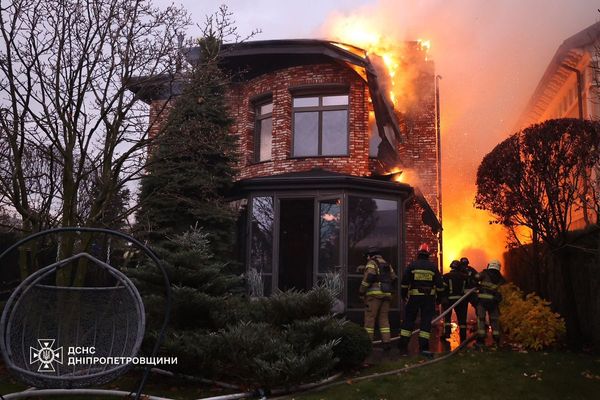
Rabat (AFP) - The ongoing Club World Cup is being used as a trial run for another potential refereeing revolution in football, with fans in the stadium able to hear officials explain decisions taken following VAR reviews.
Referees being hooked up with microphones is nothing new in other sports such as the NFL, but it is only now being tested in football, just as the sport is still getting used to Video Assistant Referees and semi-automated offside technology.
And so Uruguayan referee Andres Matonte was able to succinctly explain why he awarded a late penalty to Real Madrid after coming across to review a possible foul in the box during the Spanish club's 4-1 win over Al Ahly in the semi-final in Rabat on Wednesday.
"Penalty decision, foul by number 17", Matonte told spectators on looking at the challenge by Al Ahly's Amr El Solia on Real forward Vinicius Junior.Luka Modric's kick was then saved.
Matonte's exchanges with the Video Assistant Referee remained confidential, but his brief announcement was relayed over loudspeakers in the stadium, to the delight of the crowd, with the majority of fans backing the European champions.
The International Football Association Board, the sport's lawmakers, approved the trial last month with English FA chief executive Mark Bullingham -- who sits on the board -- saying it was "important in terms of transparency".
FIFA are considering further trials at the Under-20 World Cup, scheduled to take place in Indonesia in May and June.
If deemed successful, the system may be given the green light for the Women's World Cup in Australia and New Zealand in July and August.
"I hope the spectators will benefit from this," said Pierluigi Collina, the chairman of FIFA's referees committee.
"We are at the beginning, it's the first time we're doing it, so certainly it might not be perfect...but I'm confident that the outcome will be positive."
Too many changes?
The first referee to explain his decisions to spectators was China's Ma Ning, during the tournament's opening game between Al Ahly and Auckland City.
He came across to review a possible penalty for a challenge by Auckland's Adam Mitchell on Taher Mohamed, before deciding to award a free-kick just outside the box and show a red card to the defender for denying an obvious goal-scoring opportunity.
"We decided to (have) this trial...to make the decision taken by the referee after a VAR intervention more understandable (for)...the spectators at the stadium or (in front of) the television," Collina added.
"I have to say that there are other experiences in other sports, namely the NFL in American football, they (have been) doing it for quite a long time.It seems that the referees are pretty comfortable with this."
Yet the desire to introduce more and more technology into the sport may not go down well with everyone, especially as VAR -- itself first tested at the Club World Cup in 2016 -- remains a source of controversy, the very thing its introduction was supposed to reduce.
"Over the last 10 years all we have seen is changes to the rules and the interpretation of them," Eduardo Iturralde, a former Spanish referee who has taken charge of more La Liga matches than anyone else and is now a radio pundit in Spain, told AFP.
"What the spectator wants is more consistency with VAR decisions, that something that is given as a foul in Germany is also given as a foul in Spain.They want clarity.
"If you have to explain something that means spectators are confused because the rules change so much.
"I don't think football needs to copy the NFL.They are different sports, different cultures."







